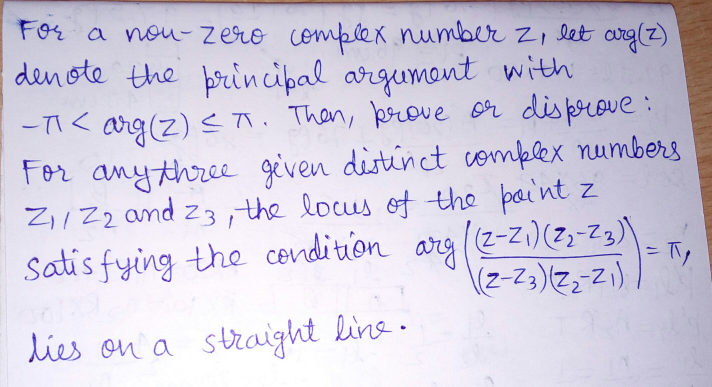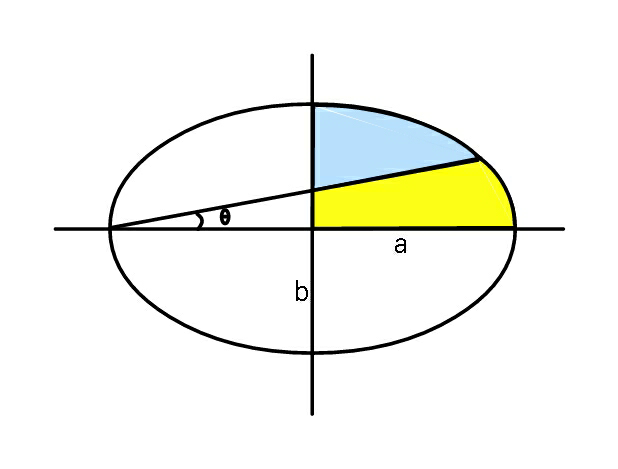
AllQuestion and Answers: Page 1558
Question Number 51190 Answers: 0 Comments: 0
Question Number 51188 Answers: 0 Comments: 0
$${find}\:\:\int\:\:\:\:\:\frac{{cos}^{\mathrm{2}} {x}}{{cosx}\:+\mathrm{2}{sinx}}{dx} \\ $$
Question Number 51186 Answers: 1 Comments: 1
Question Number 51185 Answers: 0 Comments: 1
Question Number 51181 Answers: 2 Comments: 1

Question Number 51174 Answers: 0 Comments: 7
Question Number 51167 Answers: 3 Comments: 0
Question Number 51163 Answers: 0 Comments: 0

Question Number 51156 Answers: 2 Comments: 0
Question Number 51153 Answers: 3 Comments: 1

Question Number 51214 Answers: 3 Comments: 0
Question Number 51151 Answers: 1 Comments: 0
Question Number 51150 Answers: 2 Comments: 0
Question Number 51148 Answers: 1 Comments: 0
Question Number 51141 Answers: 1 Comments: 0

Question Number 51134 Answers: 1 Comments: 1

Question Number 51122 Answers: 1 Comments: 1
Question Number 51107 Answers: 2 Comments: 1
Question Number 51109 Answers: 0 Comments: 1

Question Number 51098 Answers: 1 Comments: 0
Question Number 51095 Answers: 0 Comments: 5

Question Number 51088 Answers: 2 Comments: 1

Question Number 51077 Answers: 0 Comments: 0
Question Number 51075 Answers: 0 Comments: 0
Question Number 51115 Answers: 0 Comments: 0

Question Number 51069 Answers: 3 Comments: 0
Pg 1553 Pg 1554 Pg 1555 Pg 1556 Pg 1557 Pg 1558 Pg 1559 Pg 1560 Pg 1561 Pg 1562
